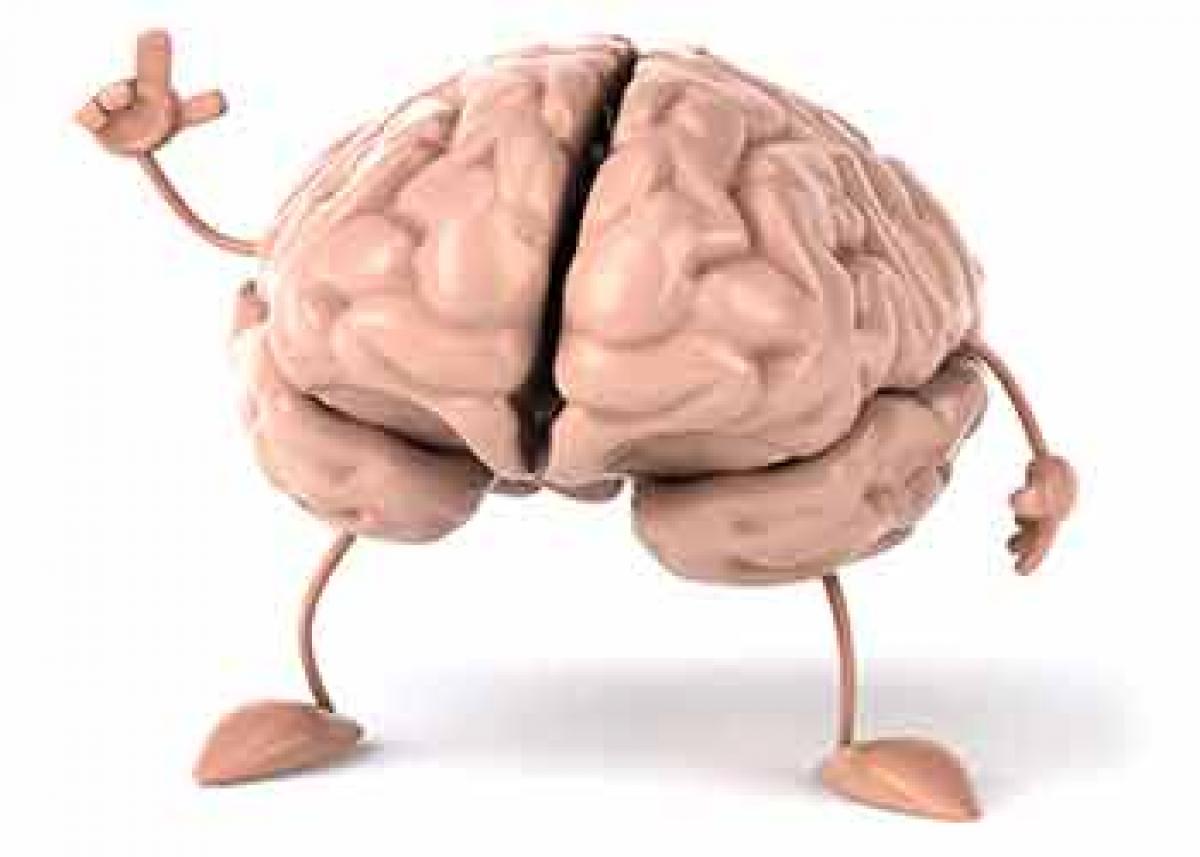Live
- Annual addition to green energy capacity likely to surpass 35 GW: Report
- Seeking to complete 1st nuclear power plant as scheduled: Egyptian PM Madbouly
- Priyanka Chopra shares heartwarming moment of Malti enjoying Autumn
- "We play with passion and pride', says captain Durga Rao after India pulls out of Blind T20 World Cup
- Rural India’s women entrepreneurs: Stories of grit and success
- On World Fisheries Day, new schemes to be launched to push growth
- Serena Williams pays touching tribute to Rafa, says 'choked up with Nadal's retiement'
- Realme GT 7 Pro Launch: Snapdragon 8 Elite Chip, Smaller Battery, and Premium Features
- India’s insurtech sector delivers 12X revenue growth in 5 years
- Chandrababu highlights achievements of 150 NDA ruling in AP in 150 days, thanks people





.jpg) Washington:
Washington:



